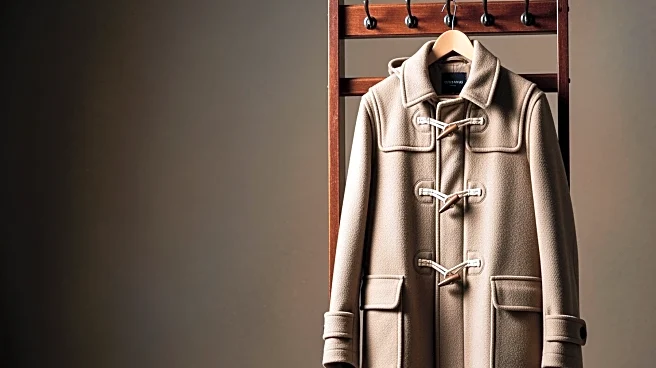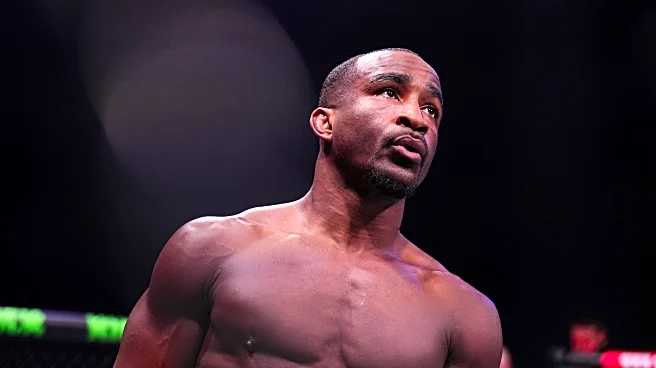Of the Brooklyn Nets five rookies, Danny Wolf can be distinguished from his teammates in a number of ways: He’s the oldest of the five by more than a year. He’s also the only legitimate big of the Flatbush
5 at close to seven foot and he’s no doubt the most intellectual, with three years of college, two at Yale and a third at the University of Michigan. Moreover, he has a world view.
But as C.J. Holmes writes, Wolf, 21, understands that final distinction is both his biggest strength and biggest weakness. Danny Wolf tends to overthink the game. His career has been a battle between instinct and analysis.
“I would make the joke to him that he’s like my laptop,” Michigan basketball head coach Dusty May told the Daily News. “I felt like that’s how Danny’s brain was working on a lot of days, just too many tabs going at one time.”
It could be broken down as instinct vs. analysis, Holmes notes.
The 6-11 forward is as much a thinker as he is a versatile playmaker, a blend of curiosity, intelligence and restlessness that has long shaped how he approaches the game.
Wolf admits it, telling Holmes, “Someone told me that my biggest strength is also my biggest weakness, and that’s just my brain.”
On one hand, his curiosity drove him to think outside the box, to try to understand every moving part of the game. As Holmes quotes a Wolverine staffer, he’s a player who moved like a guard, thought like a coach and refused to fit any label they tried to give him. On the other, there was the danger of analysis paralysis, overthinking things rather than acting on instinct.
“There were several moments where you would just give him honest feedback, and sometimes it wasn’t exactly what he wanted to hear,” May said. “He was just very intentional with trying to correct whatever it was that could potentially hold him back from his dreams and his ambition.”
As last season wore on, May and Michigan’s director of basketball operations, KT Harrell, said he stopped overthinking and let it flow, particularly with his shooting stroke, the results were impressive.
When Wolf got out of his own way, the difference was striking. Harrell points to early conference matchups against Wisconsin and USC as snapshots of a player in complete control. He caught and shot without hesitation, read the pick-and-roll in rhythm and moved like he was the only one on the floor.
In those two games, Wolf averaged 20.5 points, 10 rebounds, six assists and 5.5 blocks with just two turnovers, glimpses of the player who would go on to earn Second-Team All-Big Ten honors and lead the conference in rebounds and double-doubles.
“I always see things,” Wolf said, “and whether or not there’s rapport with teammates, that they know what I’m thinking… that takes time, of course, as anyone can see.”
Indeed as May told Holmes the analytical part of his nature will push him to perfect his game.
“There were several moments where you would just give him honest feedback, and sometimes it wasn’t exactly what he wanted to hear,” May said. “He was just very intentional with trying to correct whatever it was that could potentially hold him back from his dreams and his ambition.”
A creature of habit, as his mother notes.
Beyond that, Holmes writes, Wolf has a heart as well as a brain, recounting a story Wolf’s mother told him.
Long before Wolf was breaking down defensive coverages or studying his own film, he was focused on something simpler — making people feel seen. As a kid, he’d ask his mother to drive him from the suburbs into downtown Chicago so he could hand out his allowance to those living on the street.
He didn’t just drop the money and leave. He stopped, talked and shook their hands. Even if he only had $10, he was fine giving it all away. And even as his world kept getting bigger, he never lost sight of the small moments.
In other words, a high character guy, as Sean Marks likes to say.
Everyone concedes that while Wolf will always deal with the ying and the yang, his game now is more free-flowing, more NBA-ready, his role more defined. He knows what he has to do.
“You’re in the NBA for a reason,” Harrell told Holmes. “You can’t overthink it.”
- Inside Danny Wolf’s mental chess match on the court: ‘He’s like my laptop’ ($) – C.J. Holmes – New York Daily News










